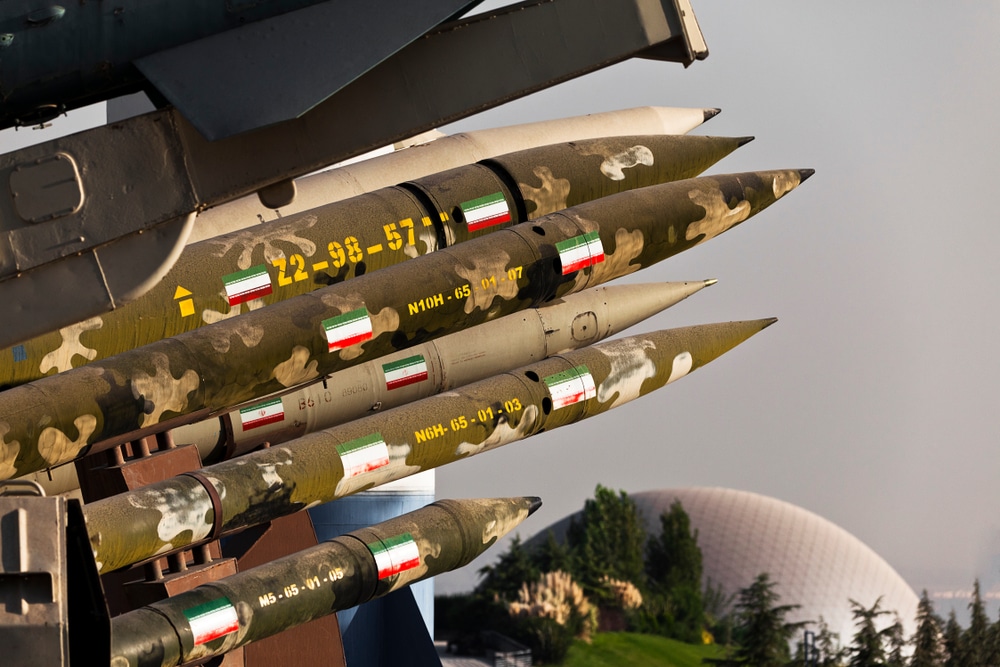The Islamic Revolutionary Guard Corps (IRGC) has issued a stern warning that it might attack Israel’s nuclear sites and even reconsider its nuclear policy if Israel strikes at Iran’s nuclear facilities. This development follows statements from Israeli officials promising retaliation for Iran’s attacks last week, which were themselves in retaliation for the suspected Israeli targeting of Tehran’s consulate in Syria.
Brigadier General Ahmad Haghtalab of the IRGC was quoted on the Tasnim news website stating, “The nuclear facilities of the Zionist enemy have been identified and all the necessary information from all targets is at our disposal.” He further emphasized the readiness of the IRGC to respond strongly, noting, “Our fingers are on the trigger of firing strong missiles to destroy the designated targets in response to a potential attack by them.”
This marks Iran’s most explicit threat yet of potentially abandoning its long-stated policy against pursuing nuclear weapons. Haghtalab added, “If the fake Zionist regime wants to use the threat of attacking the nuclear centres of our country as a tool, reconsidering the doctrine and policies of the Islamic Republic of Iran, and deviating from previously stated considerations would be likely and imaginable.”
The backdrop of this escalation includes several sabotage attacks against Iran’s key nuclear facilities, particularly the Natanz site in central Isfahan, which have been blamed on Israel. These incidents are part of a shadow war spanning over a decade, which also saw the assassination of several Iranian nuclear scientists. Despite these provocations, Israel has not directly attacked Iranian soil.
In the context of ongoing tensions and failed negotiations to revive the 2015 nuclear deal following the United States’ withdrawal in 2018, Iran has ramped up its uranium enrichment. Currently, Iran enriches uranium up to 60 percent purity, just short of the over 90 percent required for a nuclear weapon, and has amassed sufficient fissile material for several bombs, making it a threshold nuclear state.
The International Atomic Energy Agency (IAEA) and U.S. intelligence currently assess that Iran has not taken further steps towards the actual construction of a nuclear bomb.
The threats and preparations come as Iranian political and military leaders assure a swift response if Israel proceeds with its attacks. Meanwhile, discussions between Tehran and Washington to rejuvenate the nuclear pact have been stagnant, with the international community closely monitoring the situation.
Expanded Coverage:






